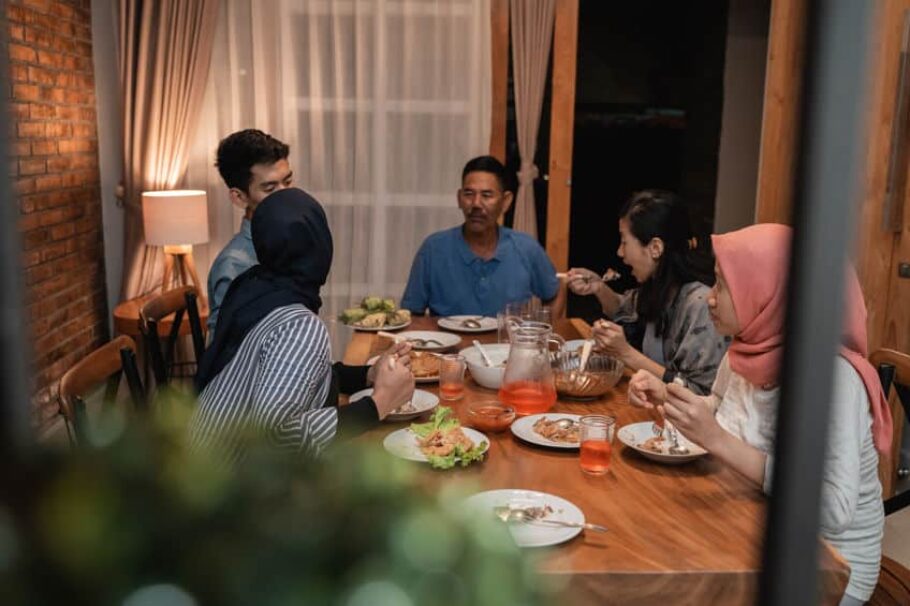Ramadan is the 9th month of the lunar Islamic calendar when billions of Muslims fast world-wide. They abstain from food and drink from dawn to sunset.
When is it going to be this year?
The exact dates of Ramadan change slightly every year. This is because the lunar calendar is based on the cycles of the Moon and Ramadan begins and ends with the sighting of the moon.
Who takes part?
Usually, adults and young people participate in fasting. Children, elderly, pregnant women and those who are ill, have special needs or are travelling don’t have to fast.
What is the purpose of Ramadan?
Ramadan is seen as time of reflection, selflessness and connecting with the community. Usually, Muslims aim to give up bad habits in this month and are encouraged to do good deeds, help those in need, participate in prayer and reflect upon their year. It is also a time to think about others, who may not have the opportunity of eating a variety of foods or have clean running water. It is also a time to spend with family and friends and in their local community centres or mosques.
What does a typical day in Ramadan look like?
When fasting, Muslims don’t eat or drink water during the day. So, their routine might look slightly different and might take it easy during the day.
When the sun sets, friends and family break their fast together on dates and water, followed by a varied meal, known as Iftar.
And just before dawn, they have a smaller meal called suhoor which fills them up and nourishes for the day ahead.
What happens after Ramadan?
After a month of fasting, a 3-day celebration known as Eid Al-Fitr (Festival of breaking fast) takes place. It is a time of joy and happiness usually shared with family and friends. A big breakfast is usually served, presents are exchanged, new clothes are worn, and a morning prayer takes place. Muslims also donate money to those in need on Eid morning.


